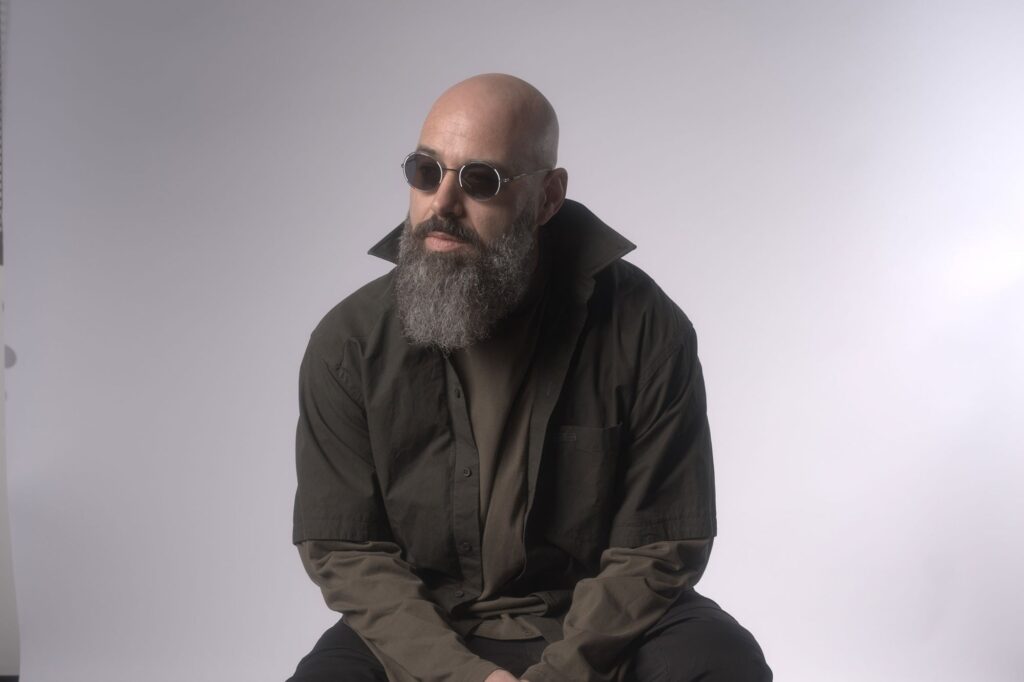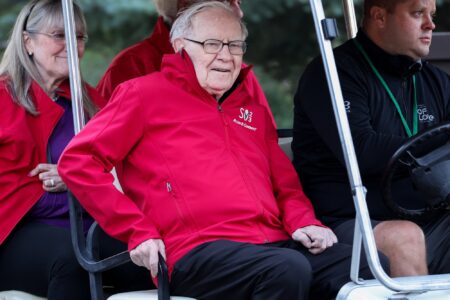Entrepreneur
Roger Volodarsky wasn’t looking for a business idea. He was just looking to get clean.
“I began smoking pot at age 13, long before I should have,” says Volodarsky. His parents, who were Russian immigrants, didn’t want their son touching drugs — so they started testing him for cannabis. In turn, he became hooked on painkillers into his mid-20s. Then one day, as he lived in New York and was riding the subway to meet a sketchy opioid dealer, he saw an ad that said: “”Are you addicted to drugs? Call this number.”
He called it. Counselors set him up with a treatment program that started with a shot of suboxone, to help him cope with withdrawal, and encouraged him to dull further symptoms with cannabis concentrates. So he began dabbing–inhaling vaporized cannabis concentrates–his way back to health.
And that’s when he made the business discovery of a lifetime: Cannabis therapy worked, but the vaporizers were terrible.
Volodarsky would turn this insight into the company Puffco, celebrated in cannabis circles for its innovative, clean, thoughtful vape designs — which now drives annual sales of $200 million, affording to a Forbes estimate. (The company wouldn’t confirm or deny the number.) Since Puffco’s launch in 2014, it has sold 2.33 million vaporizers, and grown from six employees to 141.
But back then, he couldn’t envision any of that. He just liked creating better vaporizers.
“All my friends were asking me to fix their broken vapes,” Volodarsky says. “Then one of them said ‘Dude, you’re really into this. Why don’t you try making your own company?'”
The business begins
When Volodarsky decided to launch Puffco, he’d already had some business education. Despite his opioid addiction, he’d attended classes at Pace University in Manhattan and managed his own mortgage business. The work didn’t inspire him, though. He thought of business as a boring means to an end. But the vape challenge excited him. If he built a better vape, he reasoned, he could heal and create a better future for himself.
But how to accomplish that?
He began with product research. He took a trip to a vape business near Atlantic City, and then to the San Francisco neighborhood of Haight-Ashbury to sample the technology. He assembled a list of characteristics that he wanted in a vaporizer: a large capacity ceramic bowl, variable temperatures, and no plastic or glue in the chamber. (All would later become standard in the industry.)
Though his vape knowledge was world class, he had no idea how to launch a business. “I was asking myself ‘Why not try this?’,” he says. “It’s the kind of question ignorant people ask, because there were actually lots of reasons not to. But I didn’t know them at that time. Lucky for me.”
A hard lesson in manufacturing
After he designed his new vaporizer, he needed to figure out where to make them. It’s a question that trips up many new entrepreneurs.
Volodarsky’s mom introduced him to a friend of a friend who had manufacturing experience in China., and that person hooked him up with a production fixer — someone who, for a fee, would guide Volodarsky to a manufacturer to fabricate the vape pen of his dreams.
At first, this arrangement seemed great. The fixer was helpful, Volodarsky found a manufacturer, and the product they made was a hit. The Puffco Pro, launched in 2014, garnered accolades from High Times magazine, and quickly rose in the vaporizer market. But that’s when the tough lessons began.
Volodarsky’s manufacturer became too busy, and canceled its contract with Puffco. Then other vape sellers began copying Volodarsky’s design innovations. Puffco was caught flat-footed: It hadn’t patented any of its designs, which meant it couldn’t push back on copycats, and it knew nothing about the rest of its supply chain — such as, say, where its manufacturer was sourcing its raw materials.
“They didn’t give me any insight into what was happening,” he says. “They didn’t tell me what factories were manufacturing my Puffco vapes. They didn’t tell me exactly what they were charging for. So I didn’t know which parts of my products were the most expensive, or what my shipping costs were. If I had transparency to what they were doing, I would’ve known the different building blocks. They worked very hard to keep that from me because that was their entire value. Now I had to go out and do it for myself, so that I would understand every step of the way.”
Now he offers this advice to new entrepreneurs: “Step one is that you have to protect your investments,” he says. (These days, he owns twenty patents on his proprietary technology.) “The second thing is: You need transparency.”
Finding the next opportunities
Volodarsky needed to fix things — and fast. So he, along with his head of operations and chief engineer, all traveled to China themselves. They built knowledge of how their supply chain worked, who was doing what, and what everything cost, and then worked to reclaim their business from their imitators.
But Puffco couldn’t just re-release its old product, because it would look like they were copying the people who had copied them in the first place. What would their next innovation be? That’s where another entrepreneurial lesson came in: “It’s all based on personal experience,” says Volodarsky. “The community knows best. Listening to them has given us an edge for the past decade. Our ears are to the street and most of the people don’t even know where to listen.”
The company started investing heavily in community engagement, to understand what its customers needed before anyone else. Puffco launched the Puffcon in 2021, attracting 2,500 of their most passionate customers, and the event has grown ever since. This year, they expect to welcome 8,000 puffers to Puffcon, who gain entrance by registering the serial number of their Puffco device.
Puffco’s “big ears” have produced an enviable revenue line: Volodarsky says that, every year since 2021, his business has at least doubled its growth.
Still, Puffco knows it has many challenges ahead. The cannabis market is volatile. Consumption patterns have far outpaced legalization around the globe, which means that users still face legal risks when they take a Puffco product across state lines or national borders. That’s why Puffco has been aggressively expanding. In July this year, for example, the company opened its first warehouse in Europe, allowing it to ship to twenty-five countries as legalization sweeps the continent.
“You can still look at cannabis as an entrepreneurial opportunity if you choose the right part of the business,” he says. The cannabis plant is still highly regulated, and its value fluctuates wildly. But accessories are a different story. “Vaporizers, for better or worse, are still not regulated, he says.” Puffco wants to use that freedom to its advantage.”
A business like this carries a lot of risks, he says. But if he’s learned one thing by being an accidental entrepreneur, it’s this: “If you want to change the world,” he says, “it helps to be crazy.”
Read the full article here









